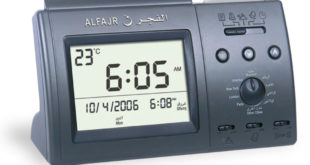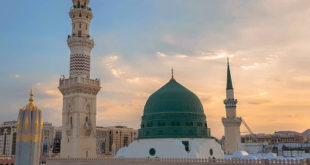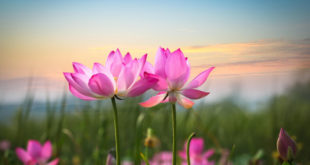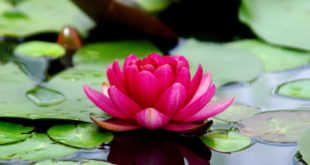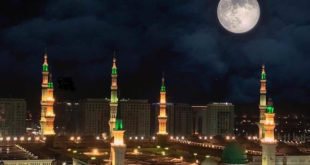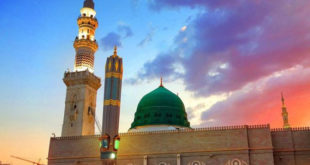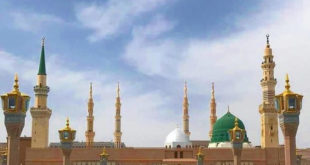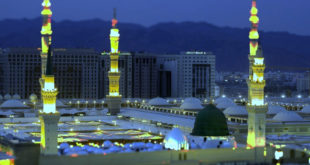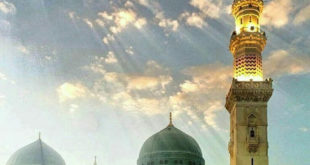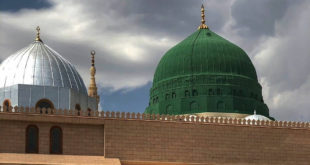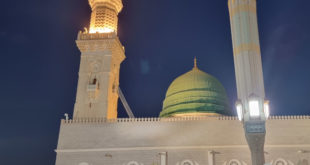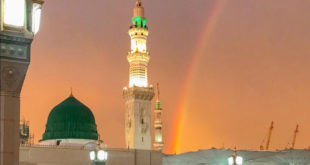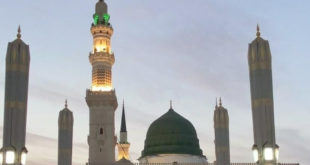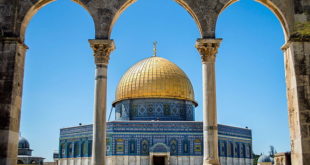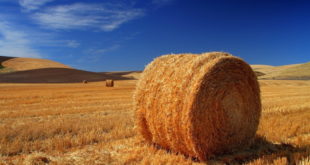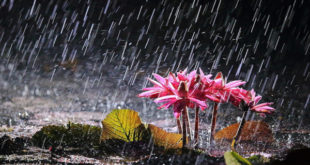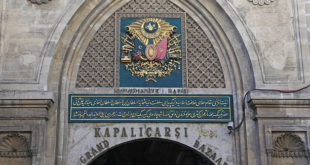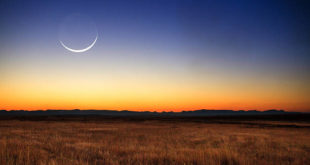One should recite the following Duaa in the day or night اللهُمَّ إِنِّي أَسْأَلُكَ صِحَّةً فِي إِيمَانٍ، وَإِيمَانًا فِي خُلُقٍ حَسَنٍ، وَنَجَاحًا يَتْبَعُهُ فَلَاحٌ، وَرَحْمَةً مِنْكَ وَعَافِيَةً، وَمَغْفِرَةً مِنْكَ وَرِضْوَانًا O Allah, I beg of you sound and perfect Imaan, and Imaan accompanied by good character and success followed by …
Read More »Recent Posts
October, 2015
-
8 October
Sunnats and Aadaab of Duaa – Part 1
1. Commence the dua by praising Allah Ta‘ala and then reciting durood upon Hazrat Nabi (sallallahu ‘alaihi wasallam) . Thereafter, in all humility and respect, present your needs before Allah Ta‘ala.
Hazrat Fadhaalah bin Ubaid (radhiyallahu ‘anhu) reports that on one occasion, Hazrat Rasulullah (sallallahu ‘alaihi wasallam) was seated in the musjid when a person entered the musjid and performed salaah.
Read More » -
7 October
The Times When Duas Are Accepted
Hazrat Sahl bin Sa’d (radhiyallahu ‘anhu) reports that Hazrat Rasulullah (sallallahu ‘alaihi wasallam) said, “There are two times when duas are not rejected or very seldom will duas made at these two times not be accepted; at the time of the azaan and when the both armies meet in battle.”
Read More » -
7 October
Doing Things Gracefully
Hazrat Munzir bin Qays (radhiyallahu ‘anhu) came to Madeenah Munawwarah with a delegation from his tribe. Upon reaching, the delegation went ahead to meet Nabi (sallallahu ‘alaihi wasallam) while Munzir remained behind. In their absence he took care of their animals and luggage. When they returned, he took a bath …
Read More » -
6 October
People Whose Duas Are Accepted
The Parents, the Traveller and the Oppressed
Hazrat Abu Hurairah (radhiyallahu ‘anhu) reports that Hazrat Rasulullah (sallallahu ‘alaihi wasallam) said, “Three duas are such that they will undoubtedly gain acceptance; the dua of the father (or mother, in regard to their child), the dua of the musaafir (traveller) and the dua of the oppressed.”
Read More »
-
Hazrat Zubair (radiyallahu ‘anhu) Drawing out his Sword to Protect Rasulullah (sallallahu ‘alaihi wasallam)
Hazrat ‘Urwah bin Zubair (rahimahullah) narrates the following: On one occasion, Shaitaan caused a false …
Read More » -
The Action which Earned Hazrat Sa’d (radhiyallahu ‘anhu) the Glad Tidings of Jannah
-
Allegations of Some People of Kufah
-
The Land of Baytul Muqaddas Being Divinely Selected for the Defeat of Dajjaal – The Signs of Qiyaamah – Part Twenty-One
-
The First Arrow Fired for Islam
-
Receiving Seventy Rewards
Hazrat Abdullah bin Amr bin Aas (radhiyallahu ‘anhuma) reported, “Whoever sends salutations upon Nabi (sallallahu ‘alaihi wasallam) once, Allah Ta‘ala and His angels will send seventy mercies and blessings upon him in return of his one Durood. Hence, whoever wishes to increase his Durood should increase it, and whoever wishes to decrease his Durood should decrease it (i.e. if he wants to earn great rewards, then he should increase his Durood).”
Read More » -
Increase in Sustenance
-
The Reward of Fasting on the Day of Arafah
-
The Angel that Stands at the Blessed Grave of Hazrat Rasulullah (sallallahu ‘alaihi wasallam) to Convey the Durood of the Ummah
-
Reciting Durood when Entering the Musjid
-
Sunnats and Aadaab which every person needs to adhere to in his individual life – 1
There are many sunnats and aadaab that pertain to various departments of a person’s deeni …
Read More » -
Sunnats and Aadaab of the Upbringing of Children – Part 5
-
Sunnats and Aadaab of the Upbringing of Children – Part 4
-
Sunnats and Aadaab of the Upbringing of Children – Part 3
-
Sunnats and Aadaab of the Upbringing of Children – Part 2
-
Hazrat Ali (radhiyallahu ‘anhu) – Part Forty-One – Being Sent by Rasulullah (sallallahu ‘alaihi wasallam) to Level the Graves, Destroy Idols and Erase Pictures
Hazrat Ali (radhiyallahu ‘anhu) reports that on one occasion, Rasulullah (sallallahu ‘alaihi wasallam) attended a …
Read More » -
Rasulullah (sallallahu ‘alaihi wasallam) Approving of the Verdict of Hazrat Ali (radhiyallahu ‘anhu) – Part Forty
-
The True Ulamaa – Hazrat Ali (radhiyallahu ‘anhu) – Part Thirty Nine
-
Du‘aa for Assistance in Settling Debts – Hazrat Ali (radhiyallahu ‘anhu) – Part Thirty Eight
-
The Concern of Hazrat Ali (radhiyallahu ‘anhu) regarding Business being Conducted According to the Islamic Principles – Part Thirty Seven
 Ihyaaud Deen An Effort to Revive Deen in Totality
Ihyaaud Deen An Effort to Revive Deen in Totality

